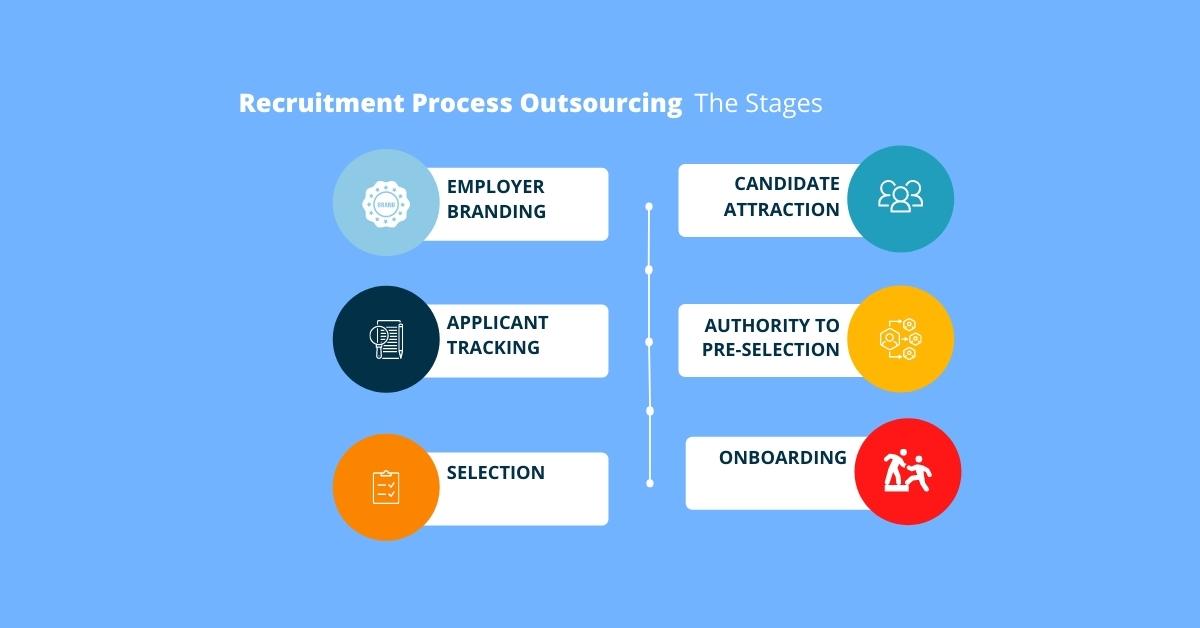
Demystifying the Differences Between RPO and Staffing in Managed IT Services
Managed IT services play a pivotal role in today’s business landscape, ensuring that companies can stay technologically competitive while focusing on their core operations. Among the many facets of managed IT services Virginia, RPO (Recruitment Process Outsourcing) and staffing often appear together. While they both pertain to workforce management, they serve distinct purposes and have unique benefits.
This blog will dissect the differences between RPO and Staffing and shed light on when to use each approach.
Managed IT Services Virginia: Finding the Right Fit
In the ever-evolving world of technology, businesses in Virginia and beyond need to adapt swiftly. To maintain an edge, they often turn to managed IT services. These services encompass a broad range of functions, from network support services to cybersecurity. When it comes to workforce management within this realm, two common strategies are RPO and Staffing.
Recruitment Process Outsourcing (RPO)
RPO is a strategic approach where a company outsources some or all of its hiring processes to an external service provider. This provider specializes in recruiting and ensures that a business has the right talent in place. Here are the key aspects of RPO:
- Talent Acquisition: RPO providers are experts in sourcing, interviewing, and onboarding candidates. They excel at identifying the best fit for your organization.
- Market Insights: RPO providers stay attuned to market trends, helping your company adapt to changing recruitment landscapes.
- Cost Efficiency: Outsourcing the recruitment process often leads to cost savings, particularly when compared to maintaining an in-house HR department.
Staffing
On the other hand, staffing is a more flexible approach to workforce management. It involves hiring employees for specific roles on a temporary, permanent, or contract basis. Here’s what you need to know about Staffing:
- Immediate Resource: Staffing agencies can quickly provide you with skilled professionals to meet your specific project or operational needs.
- Flexible Workforce: You can scale your workforce up or down as needed, making Staffing ideal for handling fluctuating workloads.
- Temporary Solutions: Staffing often fills temporary gaps or meets short-term project requirements.
Navigating the Differences
Now that we have a clear understanding of what RPO and Staffing entail let’s delve into the key differences between these two approaches:
Focus and Purpose
- RPO: RPO primarily concentrates on attracting, hiring, and retaining top talent for your organization and network support services needs. It is a long-term strategy aimed at building a strong workforce.
- Staffing: Staffing is a more short-term and flexible solution. It focuses on providing you with immediate resources to meet specific project or operational needs.
Expertise and Skill Sets
- RPO: RPO providers are experts in HR and recruitment strategies. They specialize in identifying and aligning the right candidates with your company’s culture and goals.
- Staffing: Staffing agencies excel in quickly matching candidates to job requirements. They focus on providing professionals with the skills needed for specific tasks.
Key Benefits
- RPO: The primary benefits of RPO include improved talent acquisition, reduced time-to-hire, and cost savings in the recruitment process.
- Staffing: Staffing offers benefits such as agility, rapid access to specialized skills, and flexibility in managing your workforce.
Choosing the Right Approach
The choice between RPO and Staffing in the realm of managed IT services depends on your business’s specific needs and goals. RPO is the way to go if you are looking for a long-term strategy to build a talented workforce and improve retention. However, if your focus is on quickly filling skill gaps, managing fluctuating workloads, or handling short-term projects, Staffing is the more suitable option.
In conclusion, understanding the nuances between RPO and Staffing is crucial for making informed decisions in Virginia’s managed IT services. Both approaches have their merits, and the right choice depends on your business’s unique requirements. Whether you are building a long-term dream team or seeking immediate expertise for a specific project, the world of managed IT services offers versatile solutions to meet your needs.

